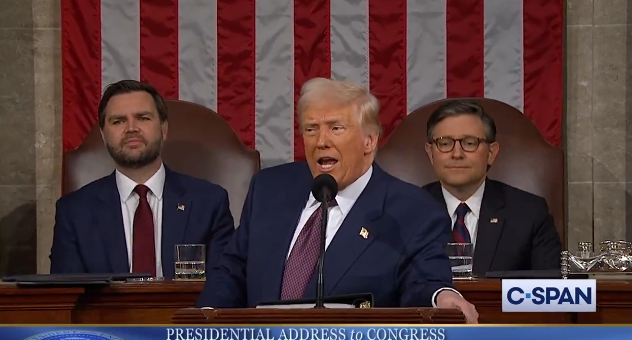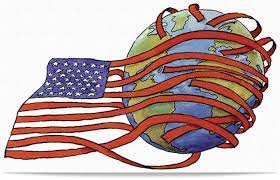American Culture Wars: The Blind Men And The Elephant
Who started the culture war? On cultural issues, the two opposing political forces in America have stark differences. But the way in which political discourse around hot button cultural topics operates in America is not productive towards finding solutions, advancing the debate, or getting at the truth. The way this cultural issues are debated and framed by the two respective ideologies only inflames all opinions on this topic and pulls apart the social fabric of America without providing new insight.
Yes, it is expected for different political parties to frame issues in certain ways and try to make the other side appear extreme, but the discourse in America has gone beyond simply framing the same issue in a different way. Straw man arguments and misrepresenting the other side are the norm these days.
The right portrays the left as pushing the most radical of extremes of whatever issue (gay marriage, stance against bigotry etc) the left takes up, while the left portrays reasonable questions about new social pushes as cover for racism and keeping the old prejudices of society entrenched. Both point to specific radical people and moments on the other side for confirmation of these straw men.
Exacerbating this problem is the fact that both sides’ straw men have hints of truths in them, although they do not make up the majority element in either way of thinking. It has come to a point in which the entire situation and context surrounding the debated issues are different as described by the political right and left.
The situation and resulting diametrically opposing viewpoints at the issue, in which people from both sides talk past each other reminds me of the old story of the Blind Men and the Elephant, of which the poet John Godfrey Saxe wrote a poem about. In the poem, a group of blind men who have no conception of what an elephant is come across an elephant.
One blind man feels the elephant’s foot and concludes that they have come across a wall, while another blind man feels the elephant’s trunk and concludes that they have come across a snake and so on. The point is that when one is only exposed to one element of a story, object, or political debate, ones conclusions are skewed into something that is not reflective of the whole truth.
In the same way that each blind man only felt one particular element of the elephant and came to their own (wrong) conclusions about what the elephant was, when one is exposed to only a specific narrative on an issue, one will come to an incomplete conclusion. If the discussion were about Islam, the equivalent for the leg, trunk, or ear of the elephant that each respective blind man felt is, from the left, that Islam is a rich culture whose adherents are mostly peaceful, whose extremists give it a bad name, and that Islam is misunderstood and consequently misrepresented by western observers.
Because of this, Muslims have often been unfairly mistreated in western nations and there must be a concerted effort to stop this misconception and mistreatment and we must work actively to promote Islam as a belief system equal to western culture.
For the right, Islam is a particularly different religion from western culture, one that hasn’t modernized, has been the leading cause of global terror, and a religion in which countries in which it is the majority usually have laws and social norms contrary to modern western values of equality and rights for all groups, as well as individualism and autonomy. They also believe that Islam as we see it now is incompatible with modern western society.
Making this worse is the brazen over correction from the left in which they, either naively or maliciously push a 1984 type Big Brother thought and speech police force against those who speak against Islam or raise doubts with the cry of “racism,” a word that has so much power that it is effectively a shut-down mechanism.
As a consequence of these narrow, hardline views on how western nations should interact with Islam, both sides look not to explain their points in nuanced ways, but to exploit when one on the other side goes a little too far, as an example of why the other side is completely wrong and society must go their side’s way.
If one mainly views this topic from the context the left constructs, he/she naturally is more likely to view anything against this world view as either ignorance, cover for racism, or actual racism. If one mainly views this topic from the context the right constructs, he or she naturally is more likely to view anything against this world view as coming from hypocritical extremists who hate the West, or as promoting something that seriously damage western civilization.
If we can get past the straw manning of the other side and talking past each other, and acknowledge elements of truth in both sides’ arguments (that we must treat Muslims with respect, gain greater knowledge of their culture, and welcome different people, but that we must also not skip over the retrograde views in much of their religion and culture) and start from a reasonable place, we might get to a reasonable solution on the issue.
This applies for any type of cultural hot button issue; racism, sexism, gay rights, etc. It might not be beneficial to political parties in certain instances, but it would no doubt ease the cultural divisions pulling America apart.


